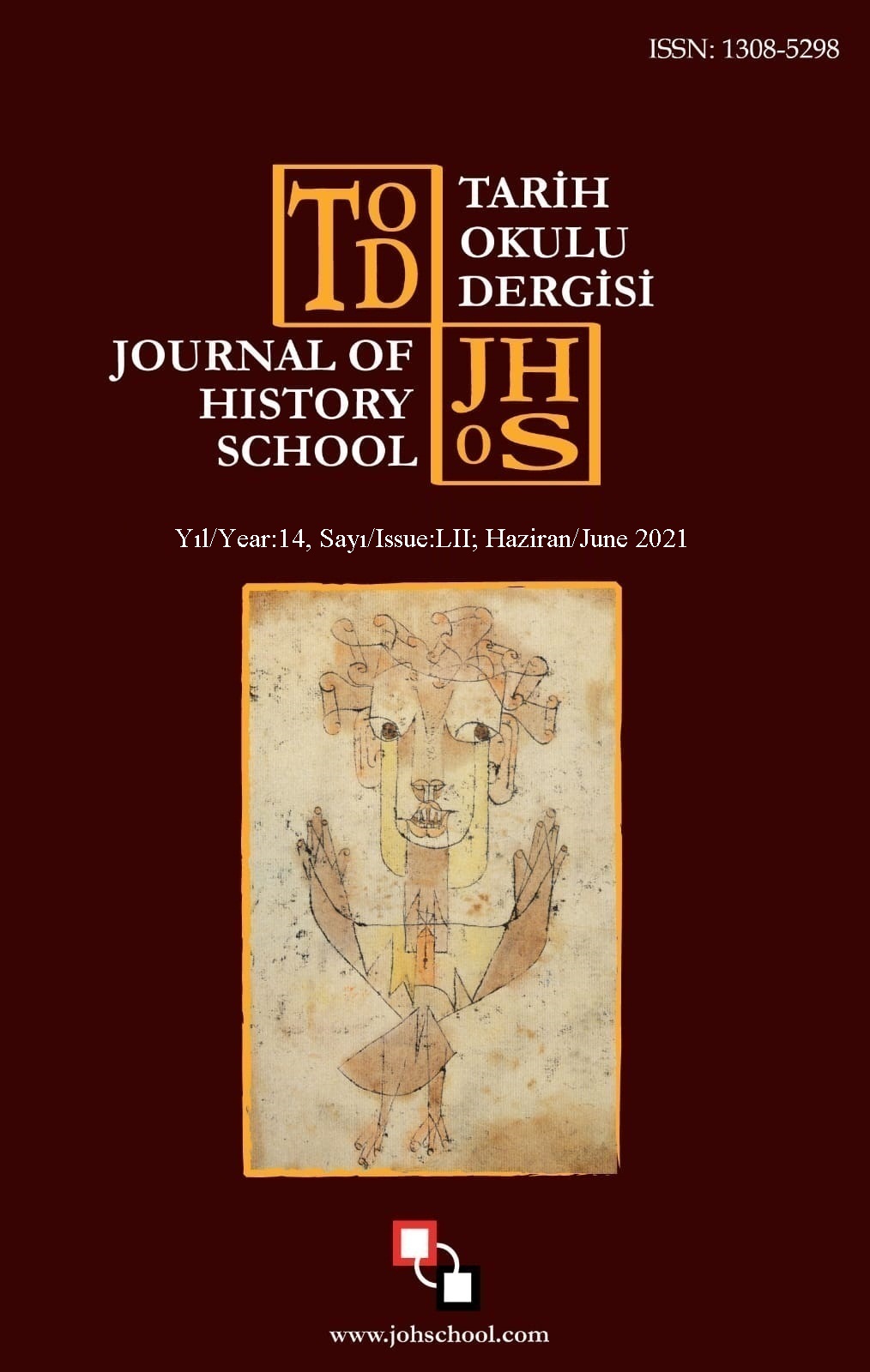Author :
Abstract
Artificial intelligence (AI), which was built for "a better world" motto, reveals its potential in many fields. Despite of such good intension, results of AI systems caused bias, and sharpened the social prejudices. Besides in order to create such powerful AI systems and unbiased machines, the massive data collected, storaged, processed, also caused high energy consumption, ecological degradation. Although efforts have been made to integrate artificial intelligence into the sustainability field, the main limitation is about the AI researcher's, developer's point of view. In this study, revealing the contribution of artificial intelligence to the Sustainable Development Goals is aimed. At this point, data were collected using the analytical hierarchy process (AHP) from 30 individuals who were trained and worked as a developer in the field of artificial intelligence. As a result, it has been understood that while the developers believe that artificial intelligence will contribute mostly in the fields related to the industry and economy, they believe that it will make almost no contribution due to the bias problems on the gender equality side.
Keywords
Abstract
Daha iyi bir dünya sloganı ile geliştirilen yapay zekâ, pek çok alanda potansiyeli ortaya koymaktadır. Ancak bu iyi niyete rağmen yapay zekâ tabanlı sistemler önyargı, yanılgı, sapmaya neden olmakta ve toplumsal önyargıları keskinleştirmektedir. Daha kuvvetli yapay zeka tabanlı sistemler, önyargısız makineler oluşturmak için toplanan işlenen depolanan yüksek yığınlı veriler ise yüksek enerji sarfıyatı, ekolojik bozulmalara yol açmaktadır. Yapay zekanın sürdürülebilirlik alanına entegre edilmesine yönelik tüm çalışmalara rağmen, temel kısıt geliştiricinin bakış açısıdır. Bu çalışmada sürdürülebilir Kalkınma Amaçları’na yapay zekânın katkısının nasıl gerçekleştiği araştırılmıştır. Bu noktada yapay zekâ alanında geliştirici olarak çalışan, eğitim almış 30 bireyden analitik hiyerarşi prosesi kullanılarak veri toplanmıştır. Sonuç olarak geliştiriciler yapay zekânın en çok endüstri, ekonomi ile ilgili alanlarda katkı yapacağına inanırken, toplumsal cinsiyet eşitliği tarafında önyargı, yanılgı ve sapma sorunları nedeniyle yok denecek kadar az katkı yapacağına inandıkları anlaşılmıştır.
Keywords
- Angwin, J., Larson, J., Mattu, S., & Kirchner, L. (2016). Machine bias. There’s software used across the country to predict future criminals and it’s biased against blacks. ProPublica. https://www.propublica.org/article/machinebias-risk-assessments-in-criminal-sentencing, Access date: 28.02.2021.
- Asilomar Meeting. (2017). Asilomar AI principles. https://futureoflife.org/ai- principles/., Access date: 28.02.2021.
- Biggeri, M., Clark, D. A., Ferrannini, A., & Mauro, V. (2019). Tracking the SDGs in an ‘integrated’ manner: A proposal for a new index to capture synergies and trade-offs between and within goals. World Development, 122, 628– 647. https://doi.org/10.1016/j.worlddev.2019.05.022
- Buolamwini, J., & Gebru, T. (2018). Gender shades: intersectional accuracy disparities in commercial gender classification. In Conference on Fairness, Accountability and Transparency, 77–91.
- Brundtland, G. (1987). Report of the world commission on environment and development: Our common future. United Nations General Assembly Document A/42/427.
- Carson, R., Darling, L., Darling, L., Houghton Mifflin Company, & Riverside Press (Cambridge, Mass.) (1962). Silent spring.
- Elkington, J. (2013). Enter the triple bottom line. The Triple Bottom Line: Does it All Add Up, 1(1986), 1–16. https://doi.org/10.4324/9781849773348
- Floridi, L., Cowls, J., Beltrametti, M., Chatila, R., Chazerand, P., Dignum, V., Luetge, C., Madelin, R., Pagallo, U., Rossi, F., & et al. (2018). AI4People—an ethical framework for a good AI society: Opportunities, risks, principles, and recommendations. Minds and Machines, 28(4), 689– 707.
- Garcia, E. (2019). The Militarization of Artificial Intelligence: A Wake-Up Call for the Global South. Available at SSRN 3452323.
- Greene, D., Hoffmann, A.L., & Stark, L. (2019). Better, nicer, clearer, fairer: a critical assessment of the movement for ethical artificial intelligence and machine learning. In Proceedings of the 52nd Hawaii International Conference on System Sciences.
- Haenlein, M., & Kaplan, A. (2019) A brief history of artificial intelligence: On the past, present, and future of artificial intelligence. California Management Review, 61(4), 5-14.
- Kaboré, R. M. C., Solberg,E., Gates, M., & Kim, J.Y. (2018) Financing the SDGs: mobilising and using domestic resources for health and human capital. The Lancet, 392(10158), 1605-1607. https://doi.org/10.1016/S0140-6736(18) 32597-2.
- Kahneman, D. , Rosenfield, A.M. , Gandhi, L., & Blaser T. (2016). Noise: How to overcome the high, hidden cost of inconsistent decision making. Harvard Business Review, 94 (10), 38-46.
- Keyes, O. (2018). The misgendering machines: trans/HCI implications of automatic gender recognition. Proceedings of the ACM on HumanComputer Interaction, 2(CSCW), 88.
- LeCun, Y., Bengio, Y., & Hinton, G. (2015). Deep learning. Nature, 521 (7553), 436–444.
- Malthus, T. R., & Appleman, P. (1976). An Essay on The Principle of Population: Text, Sources and Background, Criticism. Norton.
- Mikalef, P., Framnes, V. A., Danielsen, F., Krogstie, J., & Olsen, D. (2017). Big data analytics capability: antecedents and business value. In Pacific Asia conference on information systems (PACIS). Association for Information Systems. https://aisel.aisnet.org/pacis2017/136, Access date: 28.02.2021.
- Miller, S. M. (2018). AI: Augmentation, more so than automation. Asian Management Insights, 5(1), 1-20. https://ink.library.smu.edu.sg/ami/83., Access date: 28.02.2021.
- Olwig, M. F. (2021) Sustainability superheroes? For-profit narratives of “doing good” in the era of the SDGs. World Development, 142(105427), https://doi.org/10.1016/j.worlddev.2021.105427.
- Sachs, J. D. (2012). From millennium development goals to sustainable development goals. The Lancet, 379 (9832), 2206–2211. https://doi.org/ 10.1016/S0140-6736(12)60685-0
- Schneider, S., & Leyer, M.(2019). Me or information technology? Adoption of artificial intelligence in the delegation of personal strategic decisions. Managerial and Decision Economics, 40(3), 223-231.
- Sousa, M.J. , Rocha, A. (2019) Skills for disruptive digital business. Journal of Business Research, 94, 257-263, 10.1016/j.jbusres.2017.12.051
- UNDP. 2021. Sustainable Development Goals. UNDP. https://www.undp.org/ content/undp/en/home/sustainable-development-goals.html, Access date: 28.02.2021.
- Vinuesa, R., Azizpour, H., Leite, I. et al. (2020). The role of artificial intelligence in achieving the Sustainable Development Goals. Nat Commun, 11, 233. https://doi.org/10.1038/s41467-019-14108-y EXTENDED ABSTRACT





